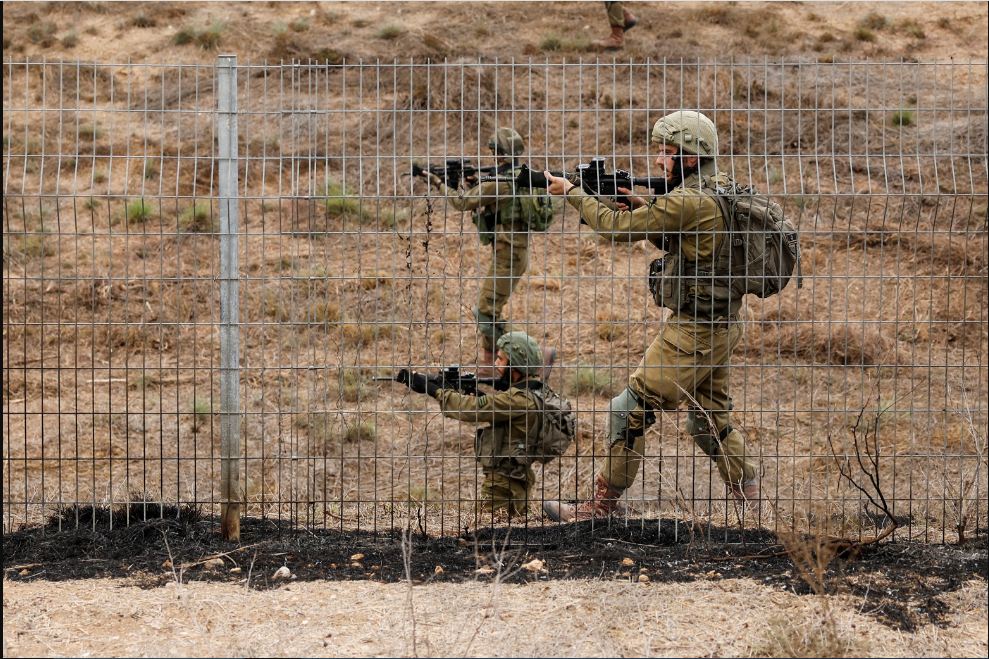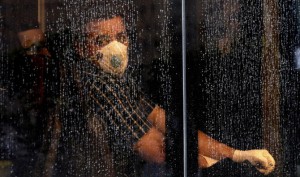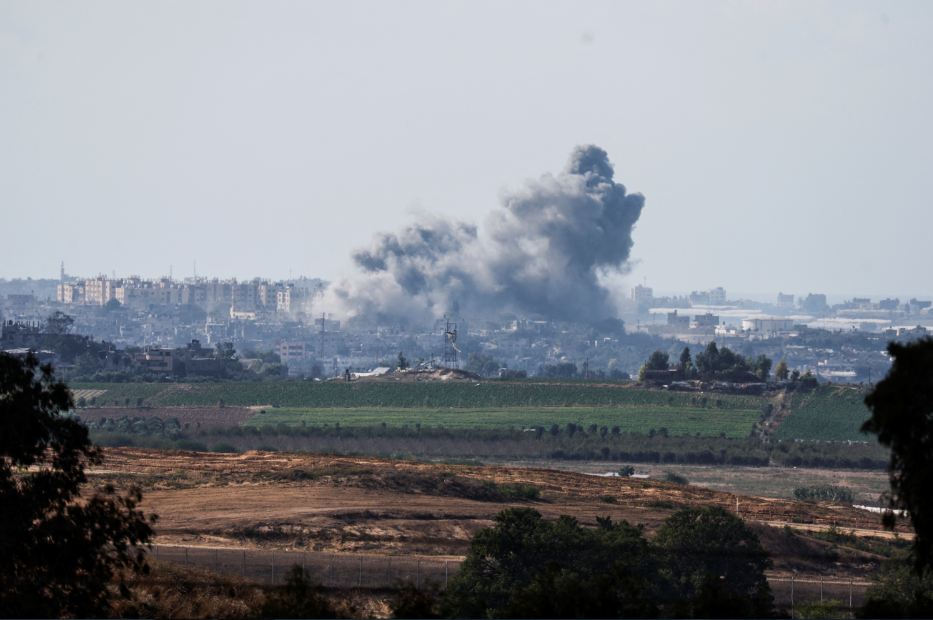How an Israeli kibbutz ‘paradise’ turned into hell in Hamas attack
Kfar Aza (Reuters) – A baby’s crushed crib lying outside a burnt-out home. Corpses strewn on streets. Body bags lined up on an outdoor basketball court. The stench of death everywhere.
Just a few days ago this was the sleepy, scenic kibbutz of Kfar Aza, an Israeli farming community of about 750 people, many of them families with young children. Now it’s become a charnel house after Hamas gunmen burst out of the Gaza Strip on Saturday and laid waste to the village.
“Mothers, fathers, babies, young families killed in their beds, in the protection room, in the dining room, in their garden,” Israeli Major General Itai Veruv said on Tuesday, the seasoned soldier visibly shaken as troops went door-to-door to collect the bodies of residents killed in their homes.
“It’s not a war, it’s not a battlefield. It’s a massacre,” Veruv said. Some victims were decapitated, he added. “I’ve never seen anything like this, and I’ve served for 40 years.”
Kfar Aza, just 3 km from the Gaza Strip, was among the communities hit hardest by the Hamas assault on southern Israel, which Israeli officials say has killed at least 1,000 people, mostly civilians gunned down in their homes, on the streets or at a dance festival.
Retaliatory Israeli strikes have killed at least 830 Gazans and flattened whole districts, Palestinian officials say.
Kfar Aza attack survivor Avidor Schwartzman said he hid with his wife and one-year-old daughter in the safe room of their house for more than 20 hours before being rescued by Israeli soldiers and emerging to confront a scene of “pure hell”.
“There were bodies everywhere. Dead bodies everywhere,” the 38-year-old said. “We saw our little piece of paradise, our little piece of heaven, was totally burnt – burnt and with blood everywhere.”
Gunmen Breach Kibbutz Fence
On Tuesday, Israeli Defence Forces took foreign press through the kibbutz, where ruins of burnt-out houses oversaw streets scattered with dead residents and militants, torched cars and piles of broken furniture and other wreckage.
There was no official death toll from the Kfar Aza kibbutz as of Tuesday evening, with Israeli soldiers still searching homes they suspect may be booby-trapped with explosives.
The military spokesperson at the site said at least dozens of residents had been killed in the attack. She added that the military hadn’t yet pieced together the precise chain of events, with fighting having only completely ended late on Monday.
The Hamas gunmen rammed through the kibbutz’s fence, possibly using an earthmover, clearing the way for dozens of other gunmen to enter through the breach, she said.
Militants also arrived on motorcycles and a hang-glider, the spokesperson added. Veruv, the major general, put the total number of gunmen to enter the kibbutz at about 70.
Waves of the attackers, armed with Kalashnikov rifles, rocket-propelled grenades and hand grenades, stormed the village, a reserve soldier told Reuters, declining to be named as he was not authorised to speak to the media.
Some of the militants’ bodies could still be seen lying on streets around the kibbutz, wearing black shirts, khaki trousers and army vests. One still had his hand on a pistol.
‘Our Wrost Nightmares’
Schwartzman told Reuters he was woken at about 6.30 am on Saturday by the booming sounds of rockets and that he and his family moved to their safe room an hour later after receiving a kibbutz-wide text telling them it was dangerous to be outside.
“We heard shootings and we were basically barricaded in for 21 hours until the army rescued us,” his wife, Keren Flash, took up the account. “We kept hearing shootings and gunfire and bombs and alarms, and we just didn’t know what was happening. Our worst nightmares.”
Soldiers were still securing the streets of the kibbutz, once neatly lined with palm trees, banana plants and single-storey houses with verandas.
Outside one home, the body of a resident lay covered by a purple bed sheet with a bare foot protruding, as if only sleeping. A pillow lay nearby with other accoutrements from their everyday life.
Bursts of gunfire and explosions could be heard in the distance. Jets could be heard above and smoke could be seen rising from Gaza. Sirens warned of incoming rockets intercepted overhead.
One soldier shouted: “Tell the world what you saw here.”



